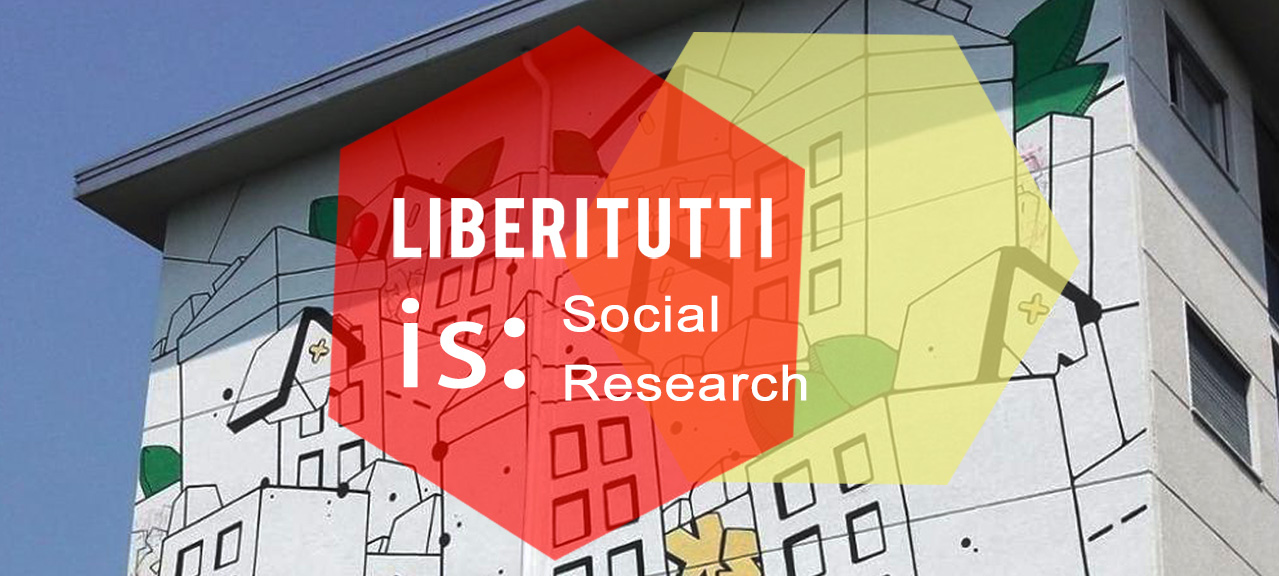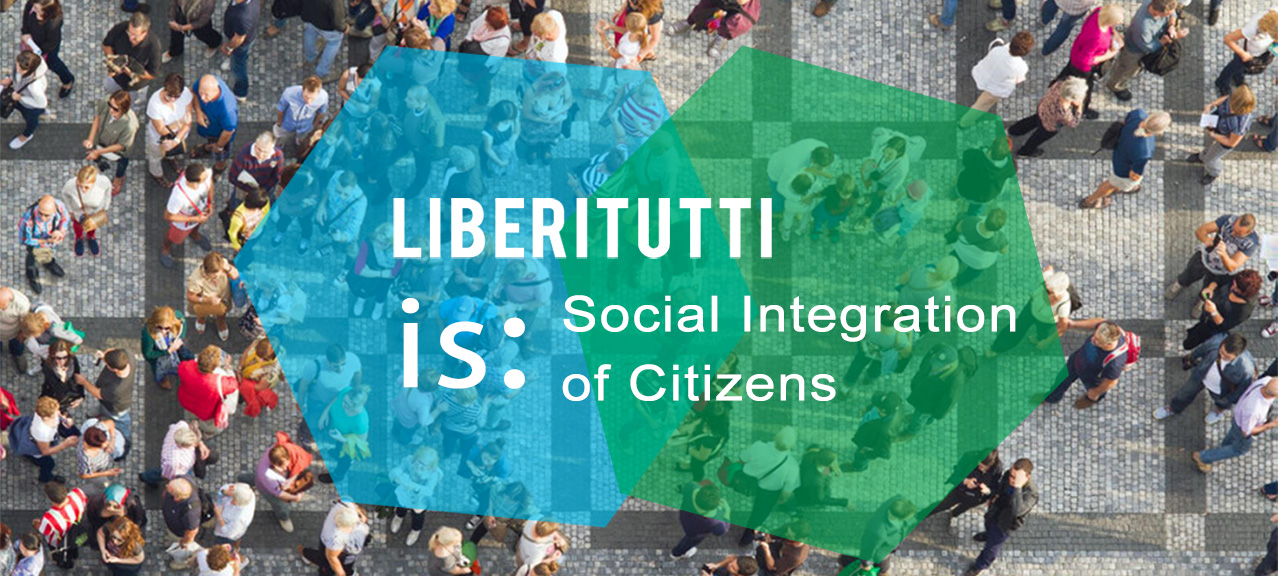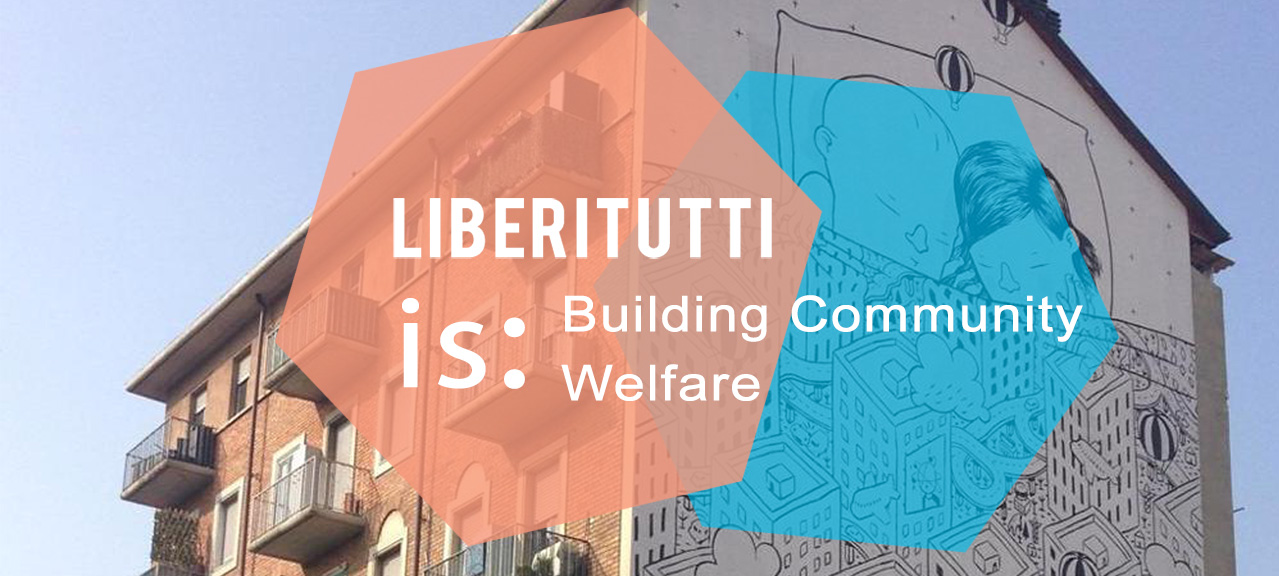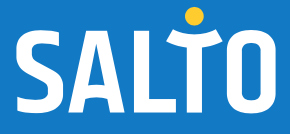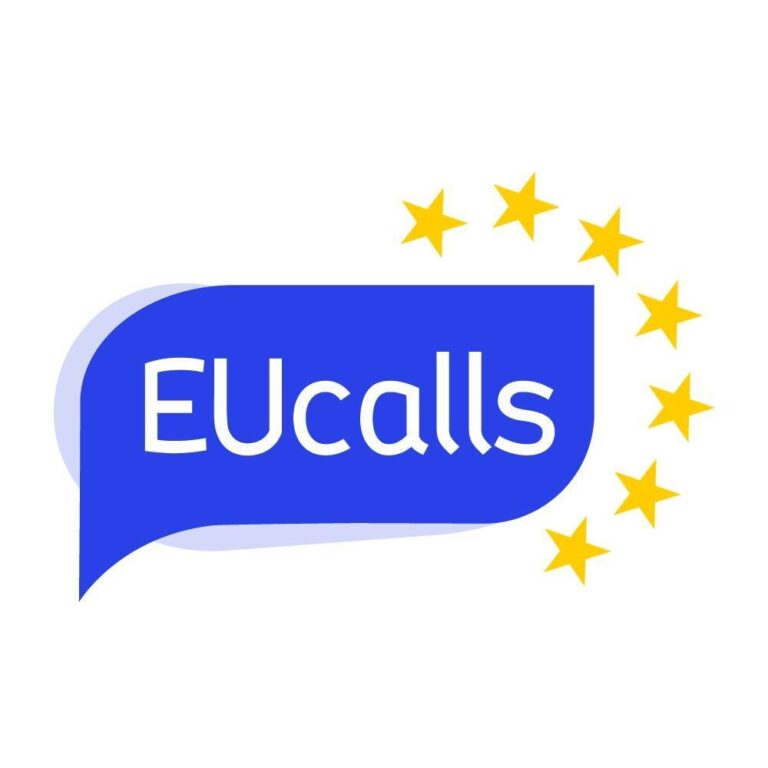Liberitutti is a social cooperative founded in 1999 as a place for experimentation and synthesis of complex social processes, pursuing community development.
Liberitutti aims to promote social, cultural and economic inclusion of vulnerable groups and people with disadvantaged backgrounds. The cooperative acts to address societal challenges with a strong social cohesion view to enhancing solidarity values.
Our Mission
Liberitutti acts to promote community development and empowerment enhancing open dialogue with public and private subjects to connect the local community with the existing services in the territory of Turin and surroundings.
Areas of intervention

Early childhood, developing innovative methodology, approaches and tools to support efforts to increase access to affordable and high-quality early childhood and care, to strengthen and enhance the competences of professionals (teachers, staff members and educators), to support parenting through local actions focused on social cohesion and community building;

Education, supporting the development of relevant and high-quality skills and competences in order to foster employability and socio-educational and personal development, as well as participation in civic and social life;
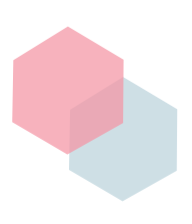
Social Inclusion, contributing to promoting solidarity values in the society valorising minorities and preventing violence and discriminations against vulnerable subjects at risk (asylum seekers, refugee, migrants, ROMA people, LGBTIQ, people with disability);

New citizens, providing measures of assistance and protection for migrants, asylum seekers and refugees and encouraging the path towards the search for autonomy;
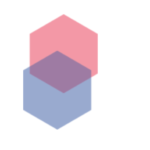
Community development, implementing actions to empower communities and minorities, tackling their vulnerable components and improving their economic, social, cultural and environmental situations by exploiting the full potential of endogenous resources and its inhabitants.
Our Good Practices and Local Projects
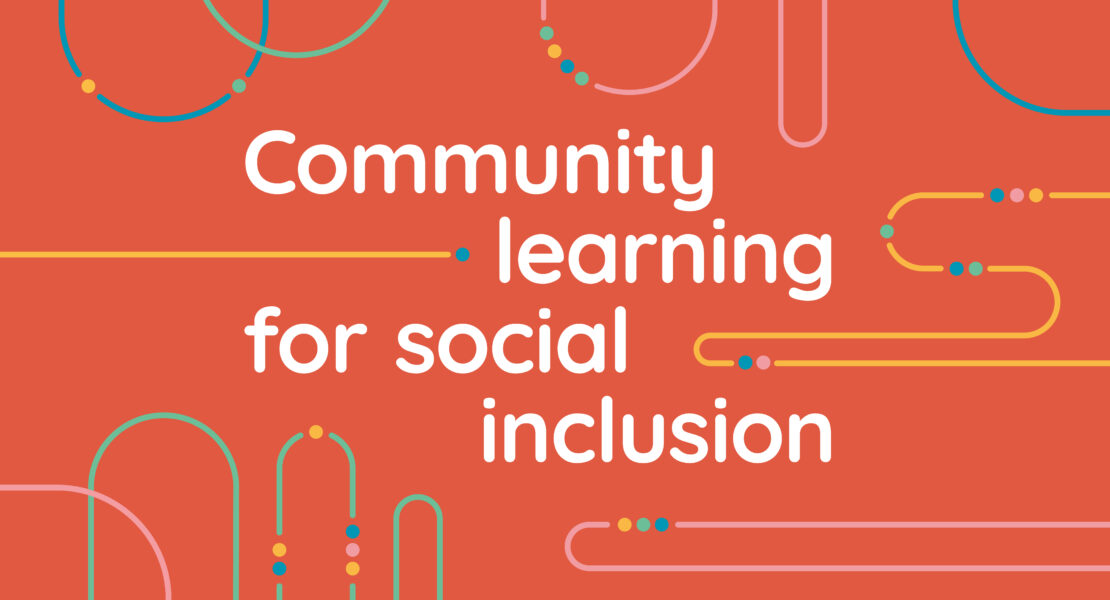
Listen – Community Learning for Social Inclusion aims to develop an innovative approach targeting early childhood schools 0 – 6 years, children and families, and civil society to promote social inclusion and overcome social, economic, geographic, cultural and linguistic barriers.
The project involves 6 partner organizations from Italy, Czech Republic, Greece, and Spain, which – through a participatory approach with local communities – aim to design formal and nonformal learning methods for the involvement of teachers, educators, 0-6 years early childhood volunteers.
The project is co-financed by the European Union under the Erasmus+ program.
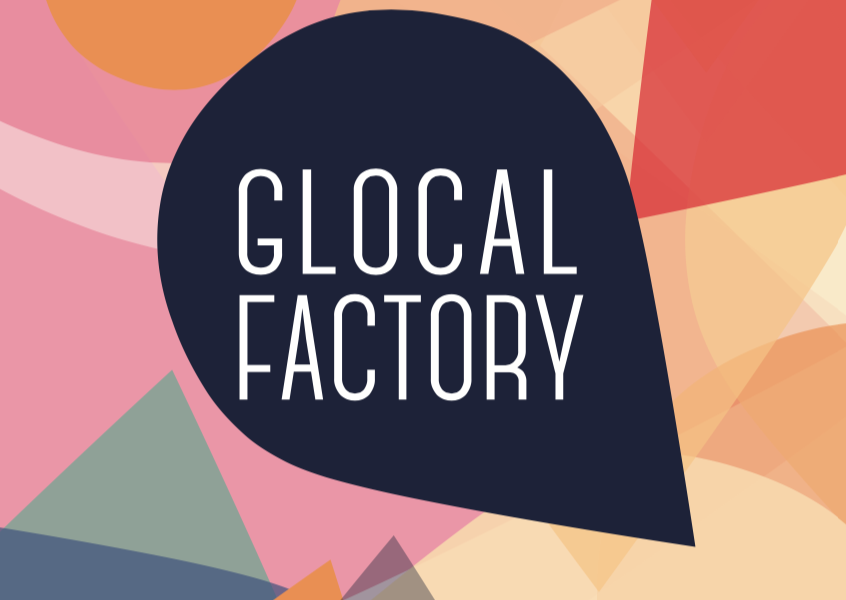
Glocal Factory is a project for local development to enhance professional talents, implement entrepreneurial skills, optimize resources by sharing spaces, networks and skills. GF is a comprehensive platform of business services able to provide, business consulting, business development and creative style services. The project offers empowerment opportunities for the community of artisans, thanks to the sharing of knowledge capable of increasing their experience within Glocal Factory.
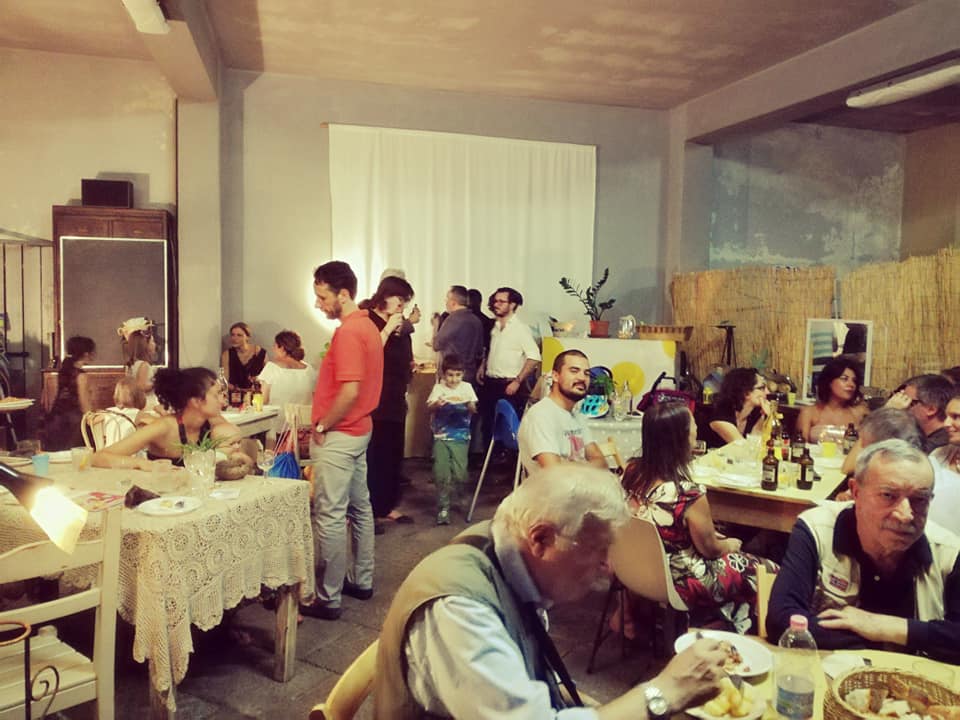
The Bagni Pubblici di via Aglié are Neighbourhood House of Barriera Milano, a disadvantaged area of the city of Turin. The Baths offer services, courses and workshops, collect and organize the activities of a large number of associations and informal groups, create moments of socialization and entertainment, and provide spaces. In addition to the public shower system offered to disadvantaged targets, it is possible to find our “Acqua Alta” bistro, the Baobab tailor’s shop and the Circular Artistic Presidium. The Public Baths are part of the Network of Neighbourhood Houses, a social promotion association founded in 2017 and composed of eight places operating in the city of Turin.
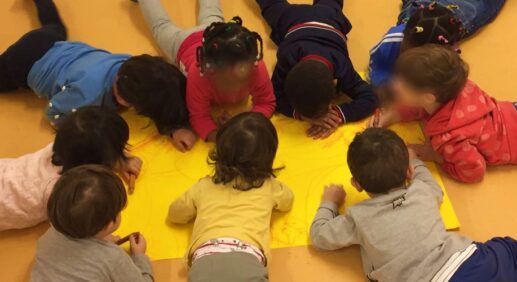
We manage the Dialogue Pole in collaboration with Sermig and in agreement with the City of Torino which includes: a nursery for 60 children from 0 to 3 years old, a nursery school for 30 children from 3 to 6 years old and a baby parking (0-6 years old). The Pole is a centre of excellence and quality and has distinguished itself for some innovative experiments including the application of the First Step Method in the treatment of a little girl suffering from Prader Willi Syndrome.
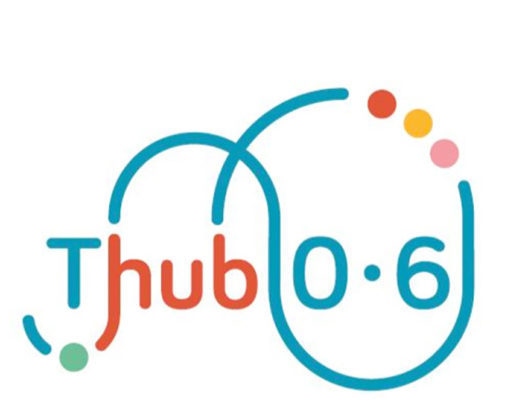
It is a project dedicated to early childhood education and care to fight educational poverty in the city of Turin thanks to the collaboration of 23 subjects from the civil society and local institutions until private and public stakeholders of the ECEC world. The main objective is to develop and promote the activation of territorial hubs to host services, courses and events aimed at citizens and families in the neighbourhood. The hubs are centres of meeting and civic participation in connection with the territory and offer spaces and opportunities dedicated to early childhood accessible to all.
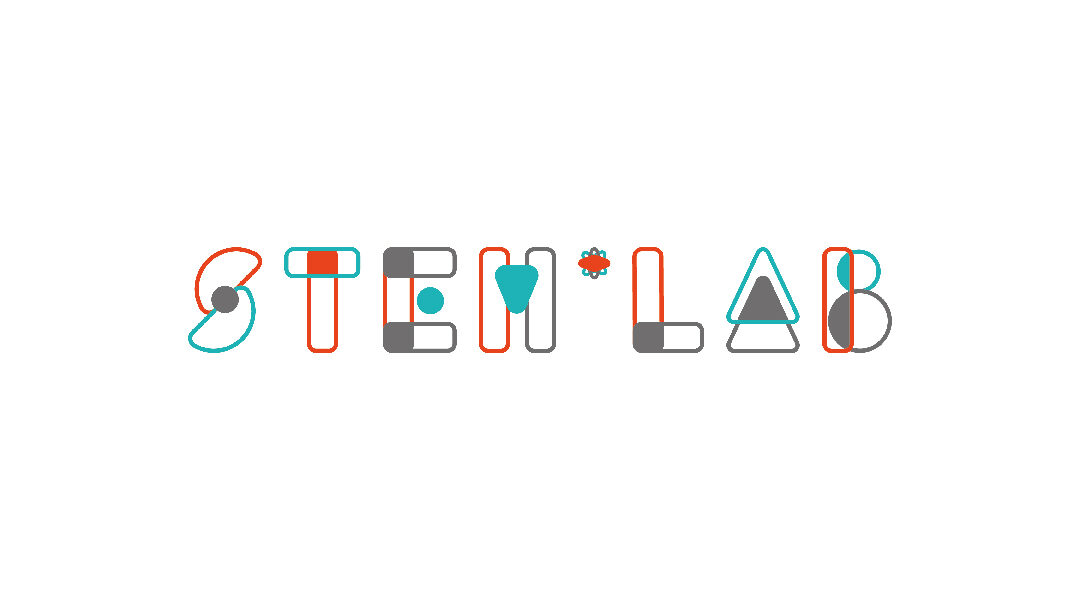
The project supports school students aged 5 – 14 years old to overcome personal, cultural, social and behavioural vulnerabilities by creating an open school context involving formal and informal educational system of the territory and using innovative methodologies and resources from STEM field in a logic of prevention of educational poverty. The project is based on a circular intervention strategy that will descend from the national level to local contexts to return to the national level at the end of the project.
Learning without replacing human interactions and real-world exploration
by Maira Luordo, with the collaboration of Riccardo Casella – Liberitutti scs
The advent of digital technology has radically transformed the educational landscape, introducing new ways of learning and teaching. As classrooms are enriched with interactive tools and traditional lessons are intertwined with online resources, profound reflections emerge on how to effectively balance technological innovation with classical education. The challenge is not only to integrate technology in a productive way, but to make it a bridge to meaningful learning, especially for pre-school children, aged 3 to 6, a crucial period for the development of cognitive and social foundations.
by Maira Luordo, with the collaboration of Riccardo Casella – Liberitutti scs
Technological advancement has marked the entry into an era in which digitization permeates every aspect of daily life, raising fundamental questions about the impact of digital interactions from an early age. This context calls for critical analysis and in-depth reflection on the role technology plays in child development, underscoring the need for a balanced approach that seizes the educational opportunities offered by the digital while mitigating the risks associated with it.
Glocal: Enhancing the local dimension through international good practices
by Silvia Fazio – Liberitutti scs
Social enterprise and its ecosystem for sustainable development
by Erika Mattarella – Liberitutti scs
Civic, generative, inclusive and supportive, a social enterprise by its very nature implies a scale of values that defines it not in quantitative terms, but first and foremost in qualitative terms. In other words, everything that we are most accustomed to associating with entrepreneurial initiatives in the era of globalisation, from the dematerialisation of labour, the relocation of production, the maximisation of profits and the normalisation of the cultural specificities of one’s networks of relations, is overturned in the concept of the effectiveness of this new economic actor.
Liberitutti for covid-19 emergency
During the emergency related to COVID-19, the cooperative implemented several actions in the local community to support disadvantaged groups and realities by developing project and free-of-charge services across Turin and surroundings. Some of these actions are:
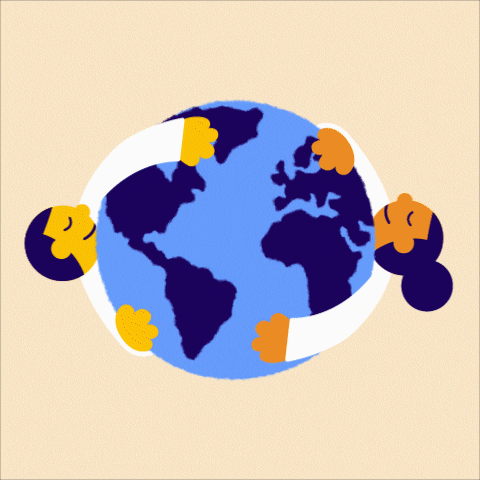
- Casa Combo is a project to respond to a need born in this emergency. A temporary shelter dedicated to children and young people whose parents are hospitalized for COVID-19.
Digital Inclusion project implemented actions to support three schools (IC Leonardo Da Vinci, Scuola Gabelli, IC Settimo 3) in the northern area of Turin (Barriera of Milan, Falchera and in the municipality of Settimo). The actions included, in addition to the purchase of 20 tablets for the 3 schools, a distance learning training for teachers and students.
Solidarity Network Point: thanks to several volunteers ready to support the local community, Public Baths of Via Aglié became one of the 13 solidarity places in Turin to delivery free food for families in difficulty, collaborating with the Civil Protection, the Social Services and the associative networks of proximity.
Our International dimension
Since 2019, we are building our international dimension in line with our mission and our actions in the local community of Turin.
We have a wide range of high-skilled professionals able to bring added value to activities and interventions in different contexts and local communities as well as dealing with vulnerable groups and disadvantage areas.
We are building a wide national and international network that includes umbrella organizations, SMEs, NGOs, universities, chambers of commerce, municipalities, schools and vocational institutes, job agencies, cultural centres, international organizations and institutional stakeholders.
For further information and find out how to become our partner, write to our international office.

